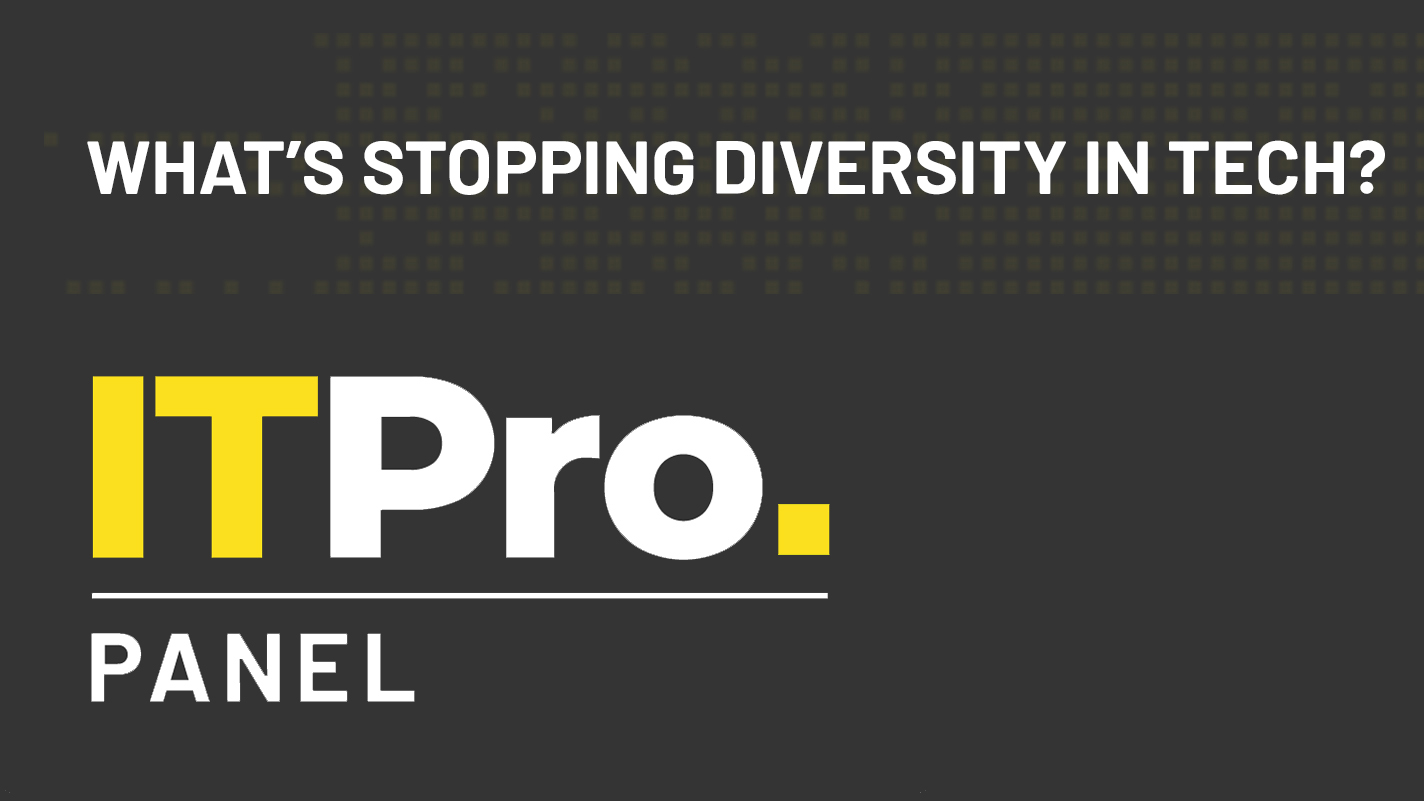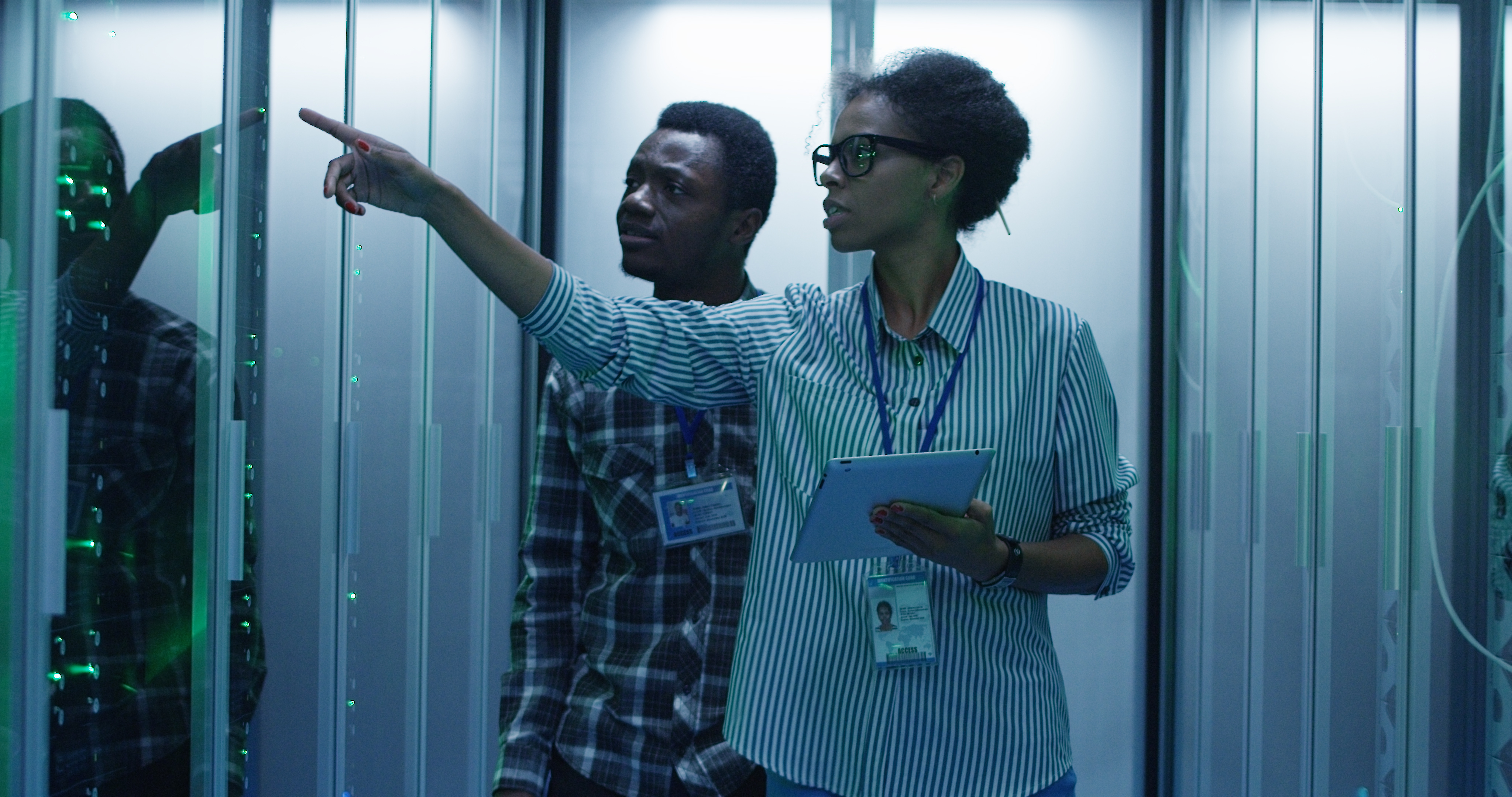Q&A: Jackie Kinsey, ThoughtWorks
What do women's prospects in tech look like through the lens of HR?

Jackie Kinsey has been working in recruitment for 20 years, spending half of that time at ThoughtWorks, a global software consultancy where she currently holds the position of chief leadership officer.
In this role, she seeks to find new ways of spotting emerging leaders, recruiting new ones and developing current heads of the organisation.
She took some time to speak to IT Proabout her experiences recruiting women in the tech industry for Women in Tech Month.
What patterns have you seen when it comes to the career trajectories of women working in the tech sector?
I think retention is highly dependent on two factors, the flexibility offered by a role and how inclusive the work environment is. For me, what's really disheartening is, if you look at statistics around pay, at entry level men and women tend to earn the same, but after ten years in an organisation men get more money than women. That's mainly due to women taking time out to have children and a challenge for forward-thinking organisations is to find ways to encourage women to come back after a maternity leave, making sure that their career is still on track and evolving.
Do you believe the increasing integration of technology into our daily lives has made any difference for women in the workplace?
I think it can. For example, at ThoughtWorks we do a lot of pair programming on clients' sites. With augmented reality glasses, half of the pair could be on the client's site and the other potentially working from home. That would allow for a much more flexible workforce, giving mothers or fathers the option to work remotely.
Get the ITPro daily newsletter
Sign up today and you will receive a free copy of our Future Focus 2025 report - the leading guidance on AI, cybersecurity and other IT challenges as per 700+ senior executives
I think we are on the verge of a massive revolution around how we work, and technology is a key driver of it. Yet management philosophies are still lagging behind. There are huge possibilities for change, and what we really need are executives who say "I am really comfortable for my pairs to be working remotely, let's test it".
You ran an immersion programme to help women get back into their IT career after a maternity leave. Could you tell us a bit more about the programme in question and how it worked?
When I first joined ThoughtWorks, one of my hypotheses was that a lot of women actually were in IT, but when they left to have children they decided not to return. The reasons for this were that the pace of technology changes quickly and some could feel under-confident. We selected twelve women who were trying to get back into IT, and trained them for four weeks on Java. As a result, a lot of them found the confidence to apply for other IT roles. We hired three of them, which wasn't our original intention. I think return to work programmes are a hidden talent pool, because having the basic capability to code makes learning new languages a lot easier.
What would you say are the greatest lessons you have learned about gender equality in the workplace over the course of your career so far?
One of the core lessons I have learned is the importance of appreciating diversity and differences in approach. We tend to have a strong philosophical definition of what a leader looks like, and when we de-construct it, most of the traits are quite masculine; authoritative, strong, unemotional, and in control. One of the greatest lessons I have learned is how, in today's world, leadership should be a lot more diverse in terms of our perception of it. If you appreciate differences and strengths, all genders have the opportunity to work well together.
A lot of it comes down to getting the unconscious bias out. This reminds me of Jennifer Lawrence's open letter, where she recognised that she was paid substantially lower than her male peers, but she didn't want to appear spoilt or ungrateful. I can guarantee that her male counterpart would not be attributing those traits to himself, but asking for more money. So, part of it is to challenge our unconscious bias, which men and women both have.
What do you think HR departments worldwide could do to encourage greater diversity in the workplace?
I think it's not HR departments but business leaders, and that's one of the challenges. You need to have the courage to actually invest in such programmes, and you have to think creatively, because if you hire in the same way and source in the same way, you are going to get the same results. I think the best way is to understand what your baseline is across multiple areas of diversity, get the business to agree that changing it is a priority, and then keep challenging yourself to explore different ways to address it.
What advice would you offer to a woman wanting to pursue a career in tech?
My advice is: find your passion in technology, explore it, learn about it and talk about it. In job interviews, if you're passionate about what you do it will come across. Go to meet ups, meet other like-minded individuals who are interested in the same aspect of IT, and you might get referrals from there. It helps find employers, but more importantly it's about building a network and testing things out.
-
 The UK government wants quantum technology out of the lab and in the hands of enterprises
The UK government wants quantum technology out of the lab and in the hands of enterprisesNews The UK government has unveiled plans to invest £121 million in quantum computing projects in an effort to drive real-world applications and adoption rates.
By Emma Woollacott Published
-
 Netgear WBE710 review
Netgear WBE710 reviewReviews The compact WBE710 delivers great cloud management features and a good turn of Wi-Fi 7 speed – but it does have a premium price tag
By Dave Mitchell Published
-
 It’s the end of the road for Women Who Code, following loss of “critical” funding
It’s the end of the road for Women Who Code, following loss of “critical” fundingNews The organization supporting women in the tech industry is being dissolved 13 years after it was founded
By Emma Woollacott Published
-
 Five common barriers holding back women in tech
Five common barriers holding back women in techWomen in tech still face significant challenges in the workplace
By Keri Allan Published
-
 Report: Brexit and COVID to blame for lack of diversity in tech
Report: Brexit and COVID to blame for lack of diversity in techNews One in two surveyed respondents cited the two events as key factors in the failure to improve diversity in leadership roles
By Sabina Weston Published
-
 Australia allocates $6.7 million to advance women in STEM initiatives
Australia allocates $6.7 million to advance women in STEM initiativesNews Women make up only 28% of the country's STEM workers
By Zach Marzouk Published
-
 IT Pro Panel: What’s stopping diversity in tech?
IT Pro Panel: What’s stopping diversity in tech?IT Pro Panel The need for more diversity is well established - but we still have a way to go
By Adam Shepherd Published
-
 AWS partners with NPower to boost jobs for women of color in tech
AWS partners with NPower to boost jobs for women of color in techNews Command Shift will find tech jobs for underserved group
By Danny Bradbury Published
-
 AWS and The Dream Collective aim to bring more women into tech
AWS and The Dream Collective aim to bring more women into techNews The SheDares learning program offers women expert advice on how to pursue a career in technology
By Praharsha Anand Published
-
 Why aren’t women heading more tech startups?
Why aren’t women heading more tech startups?In-depth Women are in incredibly short supply as founders of top tech firms. What’s going on, and can the situation change for the better?
By Sandra Vogel Published